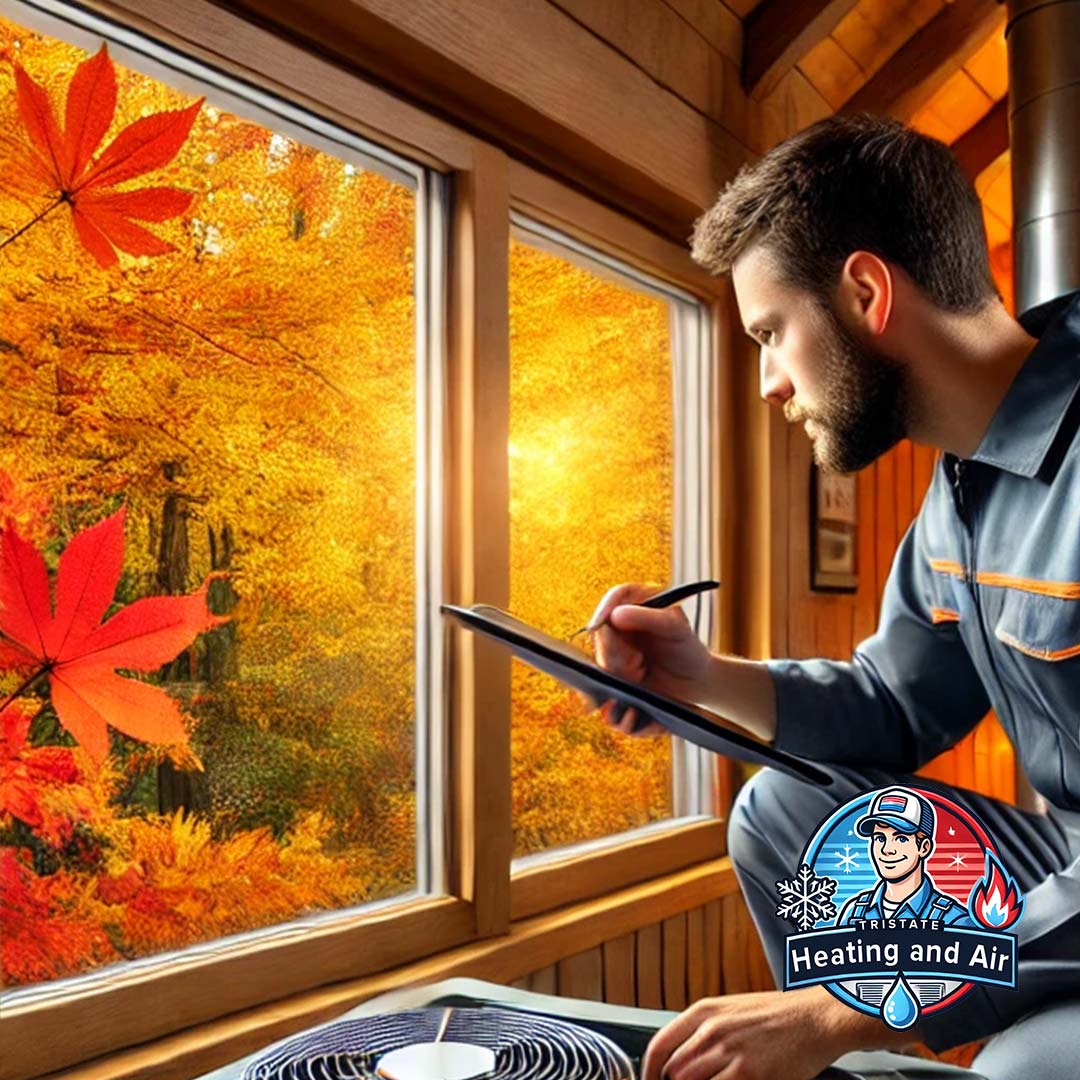Published: Aug 28, 2024

As the leaves change color and the temperatures drop, fall brings a welcome relief from the summer heat. However, for many people, it also signals the start of allergy season. Common fall allergens like ragweed pollen, mold spores, and dust mites can make this season uncomfortable for allergy sufferers. Fortunately, your HVAC system can play a significant role in reducing indoor allergens and improving air quality. This guide will provide essential tips on preparing your HVAC system to combat fall allergies effectively.
Before diving into HVAC solutions, it's important to understand the common allergens that prevail during the fall season:
Managing these allergens indoors is crucial for maintaining a healthy and comfortable living environment throughout the season.
Your HVAC (Heating, Ventilation, and Air Conditioning) system circulates air throughout your home, making it a critical component in controlling indoor air quality. A well-maintained HVAC system can filter out common allergens, regulate humidity levels, and ensure proper ventilation, all of which contribute to reducing allergy symptoms.
Implementing the following steps will help optimize your HVAC system's performance in minimizing fall allergens:
Importance: Air filters trap airborne particles like dust, pollen, and pet dander. Over time, these filters become clogged, reducing their effectiveness and allowing allergens to circulate freely.
Action Steps:
Importance: Dust, mold, and other allergens can accumulate in your air ducts and spread throughout your home when the HVAC system is running.
Action Steps:
Importance: High humidity creates an ideal environment for mold and dust mites, while low humidity can irritate your respiratory system.
Action Steps:
Importance: Air purifiers can effectively remove additional allergens and pollutants that standard filters might miss.
Action Steps:
Importance: Regular maintenance ensures your HVAC system operates efficiently and effectively in reducing allergens.
Action Steps:
Importance: Outdoor HVAC units can draw in allergens like pollen and mold if not properly maintained.
Action Steps:
Implementing these preparation tips offers numerous benefits, including:
Preparing your HVAC system for fall allergies is a proactive approach to ensuring a comfortable and healthy living environment during one of the most allergen-prone seasons of the year. By following these essential tips, you can significantly reduce indoor allergens, improve air quality, and enjoy the beauty of fall without the discomfort of allergy symptoms. Don't wait until allergies strike—start preparing your HVAC system today for a healthier tomorrow.

Our expert technicians are ready to assist you 24/7!
Contact Us Today!Read our latest articles for helpful information about heating, cooling, and air quality.
Regular HVAC maintenance is essential for improving energy efficiency, extending the lifespan of your system, enhancing...
Read MoreImplement these 10 tips to enhance the air quality in your home, promoting a healthier living environment for you and y...
Read MoreRegular seasonal HVAC maintenance is essential for maximizing system efficiency, ensuring indoor air quality, preventing...
Read MoreSmart thermostats offer energy savings, convenience, learning capabilities, and integration with smart home systems, mak...
Read More